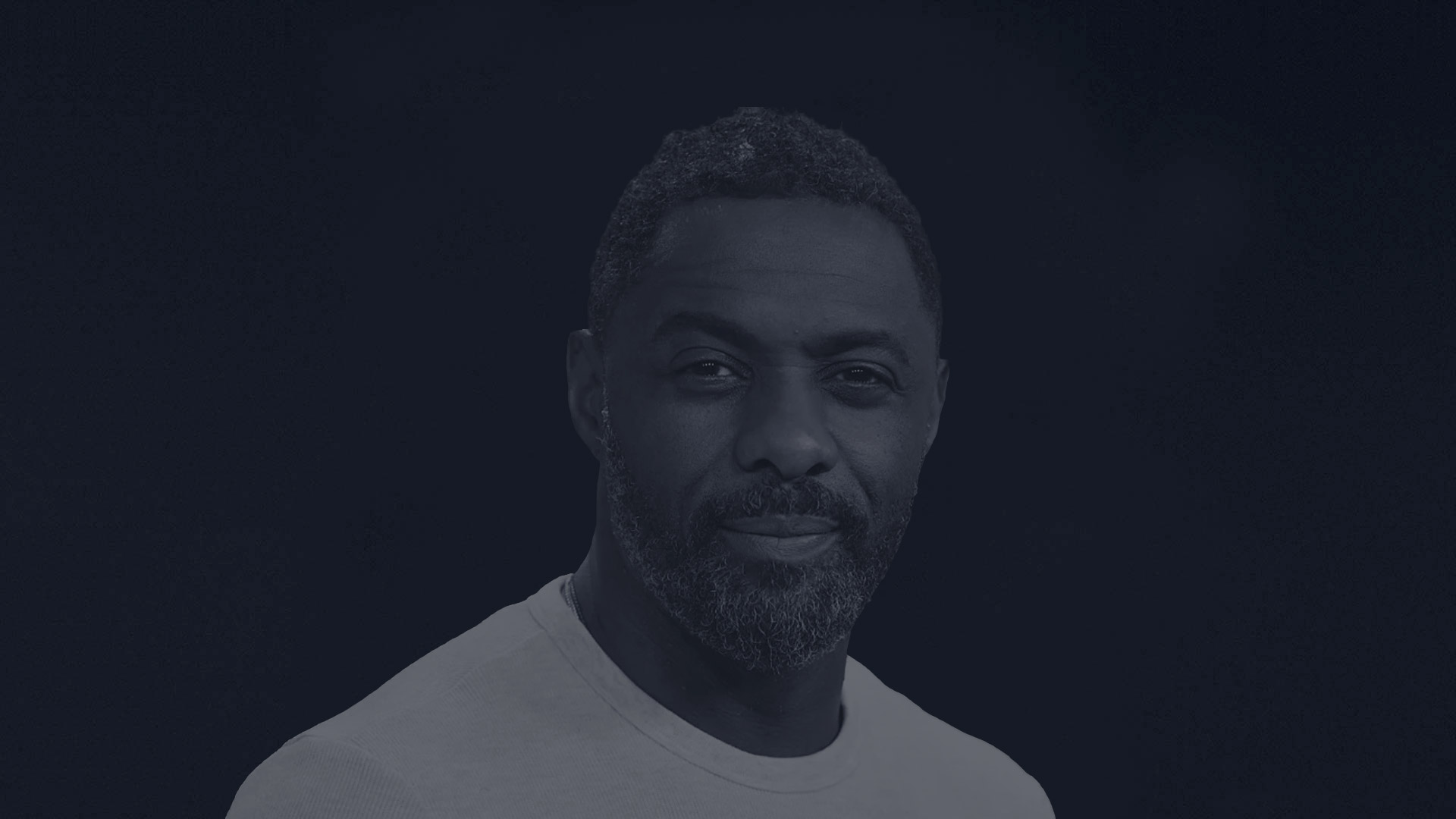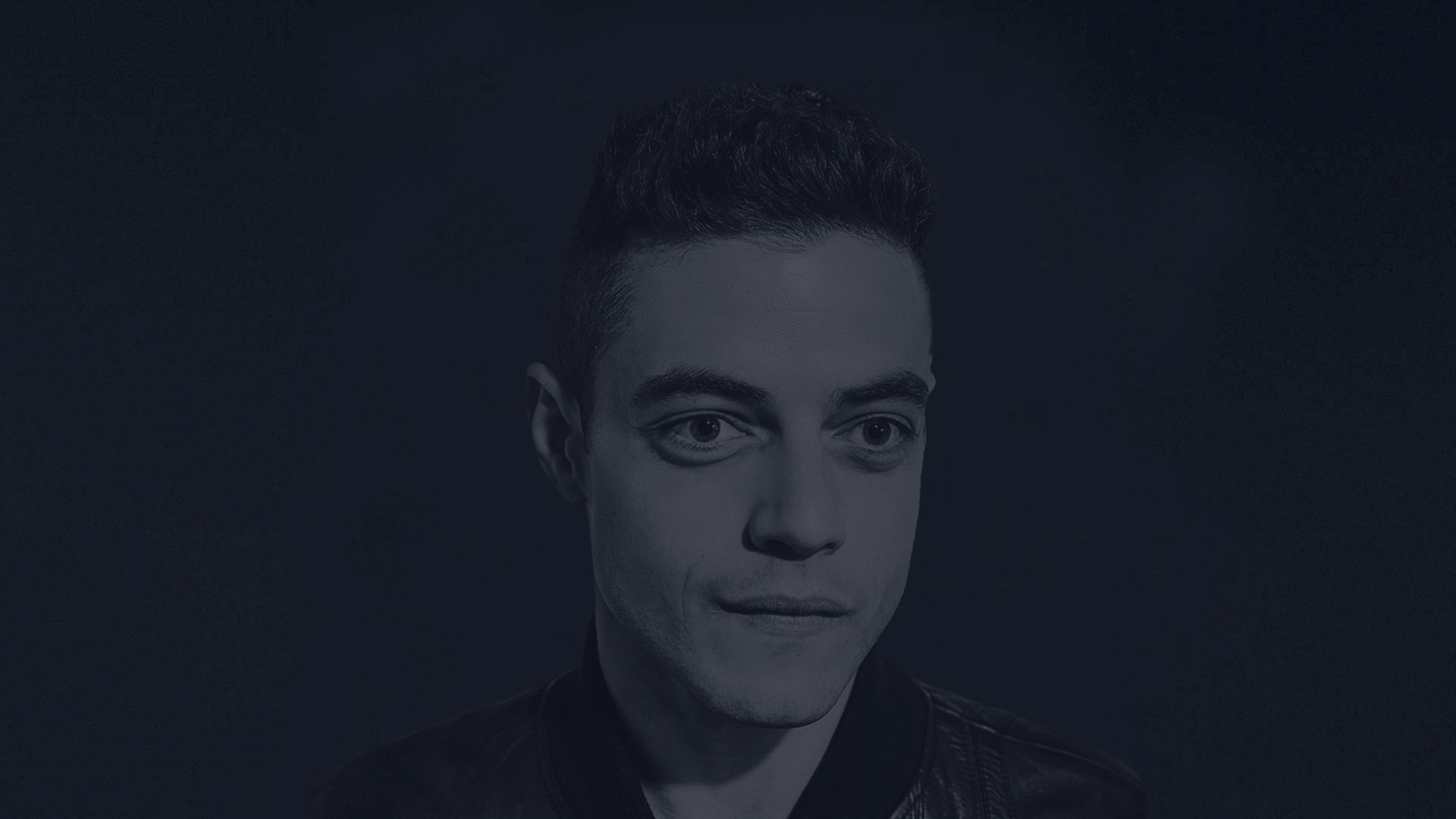How Can Social Media Be Used At Events?
/All rights reserved.
We live in a social media-driven world. If your audience isn’t talking about your company on Facebook, Instagram, or LinkedIn, you aren’t connecting with them as well as you could be. Social media has become an integral part of event planning and execution, allowing organizers to engage with attendees, create buzz, and generate excitement before, during, and after the event.
If you want to make your presence be known and remembered, encourage your guests to engage in your social media: it is the fastest way for existing and potential clients to find out about your brand.
In order to boost attendance it is better to start promoting your event at least half a year before (some months before will also do). In this post we are sharing with you best ideas on what can be done on different stages of the event production. Consider these tips to engage your guests!
Before the Event
Use social media platforms like Instagram, Facebook, TikTok, X, and LinkedIn for pre-event promotion. Create engaging posts, share behind-the-scenes sneak peeks, and utilize event-specific hashtags to build anticipation and increase attendance.
The best practices are:
Facebook. One of the easiest ways to reach wider audience are Facebook events and targeted ads. Using paid ads can help you to define your demographic. Create an event, invite people and encourage them to share.
Instagram. Start a countdown for the event using the related feature in stories, use reels in order to increase excitement and to show people what to expect. Use ads and contact influencers to expand your online reach. Post something every day, telling about the planning process, the preparation of costumes and decoration for the event, make your followers glimpse at the rehearsal.
In Instagram you can also conduct contests and giveaways to incentivize your attendees to engage with your event online. Offer prizes such as free event tickets, merchandise, or exclusive experiences to encourage participation and generate excitement. Contests can also help increase social media reach and visibility.
LinkedIn. Share teaser content and create posts where your audience can ask questions that will be answered at the event. Create polls to engage people in the topic and to find out what they are interested in.
TikTok. Make short videos about the preparation.
X. Post about what is coming soon and create unique hashtags for your event.
During the Event
During the event, provide real-time updates through social media posts, stories and live streams. Share highlights, keynote speeches and best performances as well as some special moments to keep attendees engaged and informed. Encourage your audience to share their own experiences using event-specific hashtags to create a sense of community.
Interact with followers by responding to comments, messages and mentions. Encourage people to post photos, videos, and testimonials about their experience at the event. User-generated content can be a powerful tool to showcase the success of your event and attract future attendees.
Facebook. Use entertainment to wow the audience and to inspire people to share about your event. Engage with any comments.
Here are some ways in which social media can be used effectively during events:
Instagram. Use Instagram stories and live features to show the most exciting parts. Your intention is to create FOMO (fear of missing out) so that people would be willing to participate next time.
LinkedIn. Use live stream content. Engage with all the comments you may have.
X. Share glimpses of the event. Do not forget to post photos: posts with pictures are more likely to get likes and re-posts. Use X geo-tagging feature to create buzz in the area.
TikTok. Use live stream feature.
After the Event
Let the people get a glimpse of what they have been missing out on to make them want to be a part of your next event.
In order for the audience who attended the event to come to the next one and be a part of the community loyal to your company/brand, use social media platforms to facilitate networking opportunities: create event-specific groups or hashtags where attendees can connect, share resources, and arrange meet-ups. Encourage attendees to use social media to network and build relationships with other participants.
After the event it is also essential to collect feedback and insights from the audience by conducting polls, surveys, and Q&A sessions on social media. Use this feedback to evaluate the success of your event, identify areas for improvement, and make future events even better. Engaging with the followers through social media demonstrates that you value their input and are committed to providing a positive experience.
What to do depending on the platform:
Facebook. Post pictures of the highlights, create an event for the next month/year, if your event is a regular thing.
Instagram. Post the best pictures and videos on your feed.
LinkedIn. Make a summary about the results of the event and its success.
X. Share pictures, videos and posts in order to tell about the event and to find out what people liked most about it.
TikTok. Make a short video with highlights from your event. Use trending audios to get more visibility.
By harnessing the power of social media, event organizers can create a more interactive, engaging, and memorable experience for their audience. From promoting the event to engaging with participants and collecting feedback, social media offers a wide range of opportunities to enhance the overall event experience.
Your guests' interaction with your social media is hugely beneficial for brand awareness as guests can connect with your brand before, during and after the event.
Do not miss the chance to strengthen your hand and follow our advice! And if you are interested to incorporate bespoke entertainment into your event, the one that will create all that buzz, please let us know.










